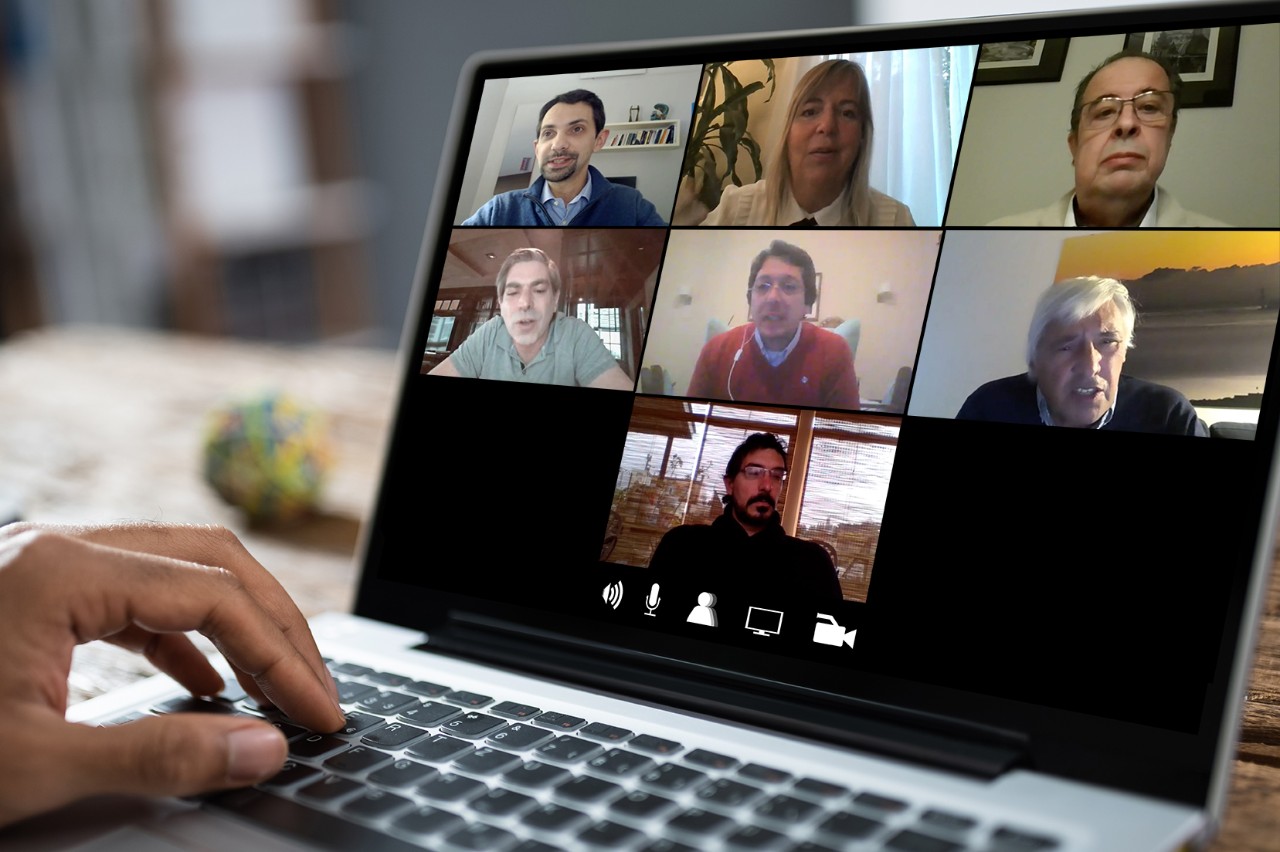Enel Argentina carried out the first webinar open to the entire community, under the motto "The Electric Sector in the framework of the Pandemic". Nicola Melchiotti, country manager of Enel Argentina; Juan Carlos Blanco, president of Edesur, Esteban Kiper, head of CAMMESA, Raúl Bertello, vice dean of the UBA's engineering faculty; Horacio Frene, dean of engineering at the UNLP and Paulo Farina, consultant for Energy and Economics, discussed the new operating and economic model during the pandemic and possible future scenarios.
Melchiotti traced an overview of the challenges the company faced after the pandemic, managing to digitize all its processes, incorporating a large number of procedures online and overcoming a difficult first month in which the payment chain broke down. “Today 90 percent of our clients are familiar with digital channels. It is a process that we have been carrying out but that the pandemic accelerated", he stressed.
He also highlighted initiatives such as the exclusive care channel for older adults, the first virtual board meeting in Latin America and the rapid implementation of security protocols for operators who had to work on the streets, as well as the migration to Smart office 1,500 employees in record time.
In due course, Kiper was grateful that "Enel shared the work protocols that had been implemented in Italy", given that the pandemic first reached Europe, where Enel is the largest electricity company on the market. The head of the company that manages the wholesale electricity market stressed that the "first month was very difficult, but that with the help of the Treasury the accounts could be accommodated".
He also explained that "the electrical system has sufficient power, but next year we will have to find balances in the sector from a financial point of view, taking into account both companies and families." At the start of the pandemic, "collectibility was 30% and today we are at 70%", added Kiper.
In due time, Juan Carlos Blanco spoke of the electrical reality in Argentina, highlighting the high level of informality: “We believe that it is necessary to put together a plan to combat structural poverty. When we say that a popular neighborhood lacks electricity, it also lacks gas, sewers and other services".
Edesur, since the start of the pandemic, connected about 30 new points in hospitals, water pumps and made all the generators available to offer support. "Our training center in Ezeiza was converted into a field hospital", recalled Blanco.
The former undersecretary of energy Farina remarked that "modernity is based on the electrical system and therefore we have to discuss with the State a model that is fair to see who pays and who is financed." For his part, Bertero, from the UBA, added: "Argentina is going to overcome this context, it is going to grow rapidly and we have to turn energy towards an industrial and technological country".
"Along with a more reliable network, it is necessary to educate consumers on energy efficiency issues and we believe it is necessary to reinforce the concept of solidarity, which consists of making those who can pay to support those who cannot, and relaunching a combat plan to defeat structural poverty through investment in infrastructure. Today Puerto Madero and Recoleta pay half the cost of their own energy, not to mention supporting the vulnerable sectors. We also believe that it is necessary to break the vicious circle of inefficiency and give energy its real value", closed Melchiotti.


